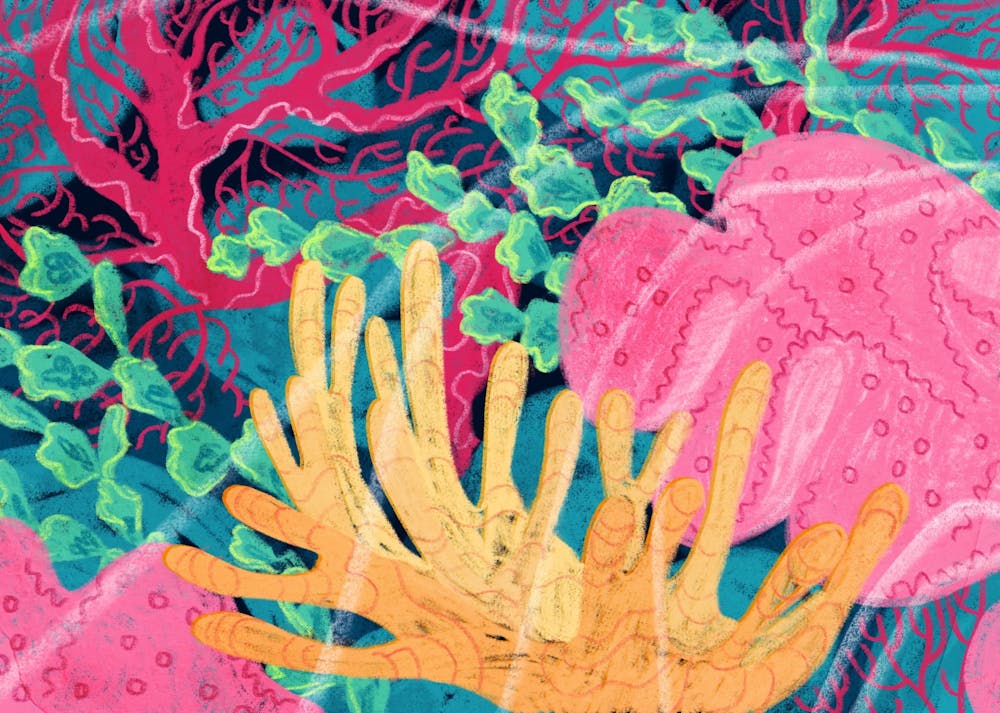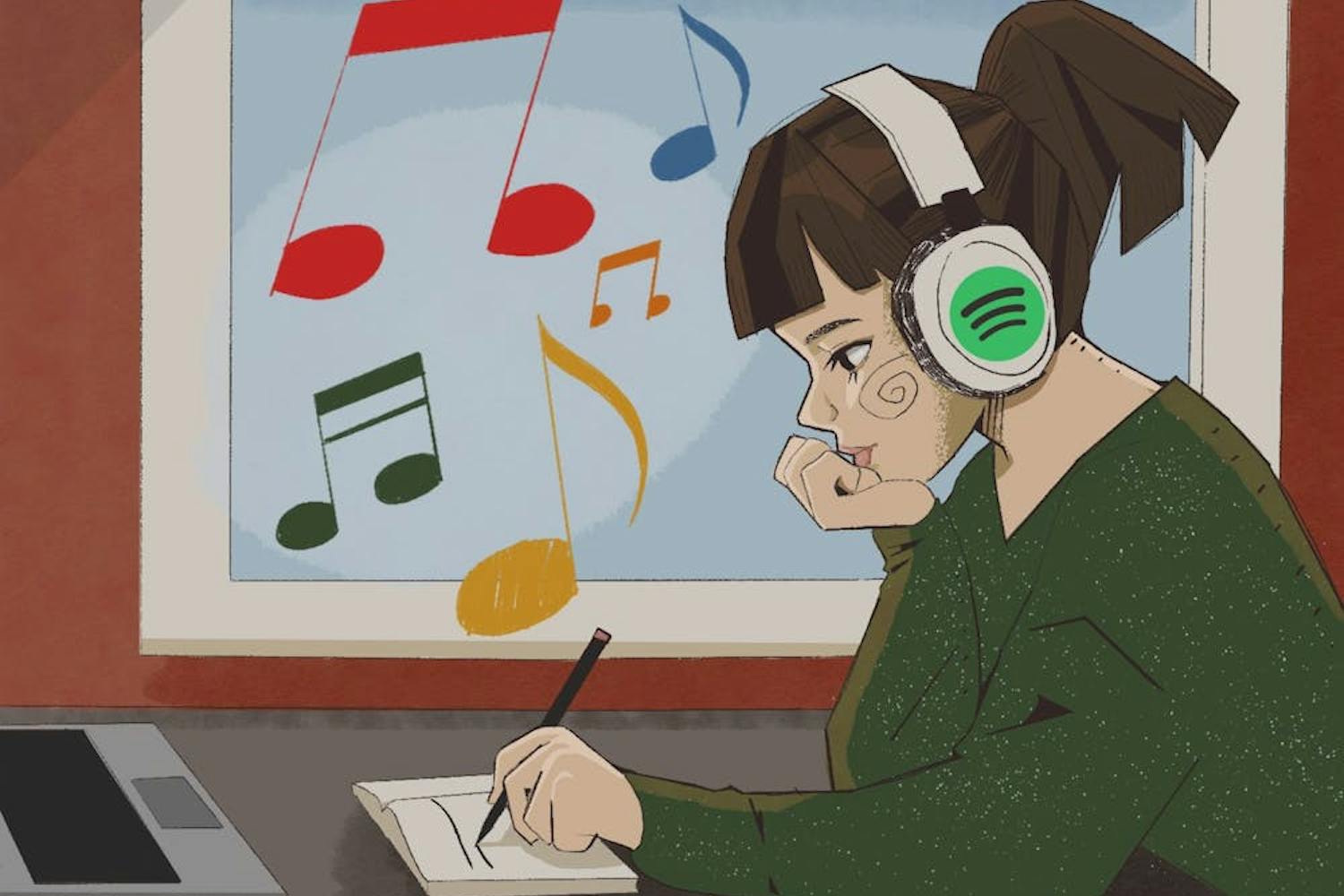A team led by ASU faculty completed the Allen Coral Atlas – the world's largest coral reef mapping and monitoring system. The team works directly with governments to help make informed policy decisions related to conservation in a world increasingly threatened by climate change.
The atlas is a collaboration among coral reef scientists, universities, nongovernmental organizations and private partners working to protect the environment. Greg Asner, the director of ASU's Center for Global Discovery and Conservation Science (GDCS) led the project and consults with the United Nations and the Commonwealth of Nations at the intergovernmental level.
Asner said "the connectivity of Arizonans to coastal environments is substantial."
"Between 60 and 90% of global commerce passes through coastal zones on its way to places like Arizona," Asner said, clarifying how Arizona’s economy and the price of goods are directly linked to coastlines and reef habitats.
Steven Mana'oakamai Johnson, a postdoctoral research scholar in the School of Geographical Sciences and Urban Planning and GDCS, said "healthy coral reef ecosystems are critical in keeping our global climate stable."
"Despite covering less than 1% of the ocean floor, coral reefs are home to at least 25% of marine life, making them even more diverse than tropical rainforests," Johnson wrote in an email. "Coral reefs feed billions of people around the world. Coral reefs and many of their associated ecosystems, such as seagrass meadows and mangrove forests, are critical in capturing and storing carbon."
The underlying cause eradicating coral reefs — global warming — appears to show no sign of abating, with a recent press release from the Intergovernmental Panel on Climate Change warning of faster warming rates that affect every global region.
"In sum, we live in a globalized, highly interconnected world. So, everything that happens on coral reefs will have an impact here in Arizona. Likewise, our actions here in Arizona have consequences for coral reefs and the people who directly rely on them," Johnson wrote.
Assistant professor Jiwei Li is a biological oceanographer, remote sensing scientist and computer scientist at ASU’s School of Earth and Space Exploration. Li has worked alongside the team behind the Allen Coral Atlas since the project’s launch, lending his expertise in remote sensing, computer science and oceanography.
"Water is critical in a desert environment," Li said. Li mentioned that Arizona is home to many bodies of water that are vital for both Arizona's ecosystems and people's enjoyment. "People don't travel from Phoenix to see turbid waters," Li said.
Asner said this project and other research and technological advances provide tools to combat climate change and aid in other conservation efforts, but there is still not enough being done to limit harmful urban growth and its negative impacts on natural habitats. Conservationists have done the work but the urban planning world should work with them to control the urbanization of coastlines, Asner said.
"There's a lot of talk about climate change and coral reefs, and all of that talk is true," Asner said. "We are losing coral reefs from marine heatwaves caused by climate change. However, an equal loss is also caused by poor urban development on coastlines worldwide."
According to Johnson, climate change causes already plagued environmental conditions to change rapidly and become worse. In 2018, the IPCC reported that keeping the rise in global temperatures below about 2.7 degrees Fahrenheit this century would mean carbon dioxide emissions would need to be cut by 45% by 2030.
"Coral reefs are especially sensitive to these changes since they are located in the tropics, typically areas with fairly predictable environmental conditions. Corals in particular live at the upper limit of their biological and physiological limit. This means that even small changes that happen too quickly – like the ones already playing out due to climate change – threaten their ability to survive," Johnson wrote.
Environmentalists and those in science research say the issue of climate change is no longer able to be solved at an individual level. Legislation, including budgetary policy and others, is part of the holistic solution.
"Climate change isn't just a physics problem, an environmental problem, or an engineering problem. Climate change is as much a social and ethical problem as anything else," Johnson wrote. "Discussing how the social systems of the past and present caused and continue to perpetuate this problem is a must, along with imagining what a future society that is more just and equitable can look like."
Reach the reporter at wstuart1@asu.edu and follow @wjstuart01 on Twitter.
Like The State Press on Facebook and follow @statepress on Twitter.
Continue supporting student journalism and donate to The State Press today.




